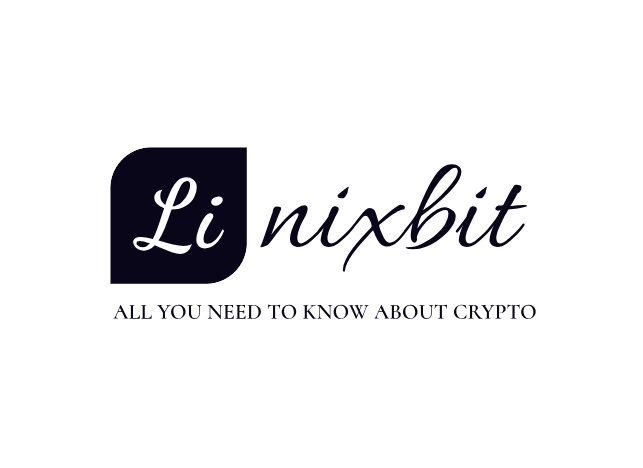Arkham Intelligence asserts that its blockchain analysis has uncovered substantial details about Strategy Bitcoin holdings, which amount to nearly $60 billion. The recent disclosure undermines Michael Saylor Bitcoin privacy approach to Bitcoin holdings because he has always defended keeping corporate wallet addresses concealed to prevent security threats. Arkham Intelligence’s revelation of Strategy Bitcoin holdings begins an extensive debate between the need for openness and the risks of exposing institutional crypto assets.
The company claims to have successfully connected over 97% of Strategy’s massive 580,250 BTC treasury to known wallet addresses. Arkham made an audacious statement with its claim that Saylor had pledged to keep his addresses private. The statement “So, we did” demonstrates their conscious decision to make public proof-of-reserves available despite Saylor’s previous criticism of the move. The new advancement constitutes a critical turning point towards transparency in blockchain operations for leading corporate Bitcoin vaults.
The Saylor vs. Arkham Standoff: Bitcoin Privacy Under Scrutiny
Arkham Intelligence revealed the existence of 70,816 BTC valued at about $7.6 billion, which adjusted Strategy Bitcoin holdings to $54.5 billion. According to reports, the amount represented around 87.5% of the company’s Bitcoin reserves during that time period. Arkham Intelligence’s discovery that revealed details about Arkham Intelligence Bitcoin wallets stood in direct opposition to Saylor’s warnings from Bitcoin 2025, which highlighted the security dangers associated with wallet address exposure.
Previously, we tagged:
— Arkham (@arkham) May 28, 2025
– 107K BTC sent to MSTR Fidelity deposits (Fidelity does not segregate custody, so these BTC do not appear in the MSTR entity)
– Over 327K BTC held in segregated custody including Coinbase Prime, in our MSTR entity. pic.twitter.com/MNJ56fnB4A
Michael Saylor, Bitcoin privacy advocate, warns that wallet address publication leads to enduring security threats through advanced transaction tracking capabilities and predictive behavior analysis tools. He warned that artificial intelligence systems could produce “50 pages” of potential security risks from such information disclosures. According to Saylor, institutional-grade security analysts and enterprise security experts would never recommend making wallet information public because it exposes users to cyberattack risks.
Deep Dive into Identified Strategy Bitcoin Holdings & Transparency
Arkham Intelligence updated its report to include 53,833 BTC, which brought its total identified Strategy Bitcoin holdings to $59.92 billion and exposed 97% of Strategy’s Bitcoin assets. The Arkham Intelligence Bitcoin explorer reports that more than 454,000 BTC exists in segregated custody, while a further 107,000 BTC resides inside Fidelity’s omnibus custody, which prevents its display on their platform.
The bold identification of these holdings has fueled ongoing discussions about transparency requirements for institutional crypto ownership. Nate Geraci, who leads The ETF Store, stated the need for Strategy to publish its wallet addresses since companies like Bitwise already do so because Bitcoin fundamentally embraces transparency over “obfuscation.” Hong Kim, who co-founded Bitwise, explained that private ownership models for public investment instruments like Bitcoin ETFs can maintain public auditability, which enhances public trust through transparency.
Strategy’s Bitcoin Acquisition Slows Amid Market Shifts
The acquisition rate of new Strategy Bitcoin holdings has slowed during this period of revelations. K33 Research indicates that Strategy bought 4,020 BTC worth $427.1 million during May 19 to May 25 using funds from its $21 billion at-the-market offering. The funding amount disbursed from this offering experienced a significant reduction during that week at $348.7 million compared to the $705.7 million in the previous week and $1.31 billion at the start of May.

K33 Research attributes this slowdown to two key factors: Strategy’s MSTR shares are buying at lower premiums compared to its Bitcoin assets, and competition is heating up among corporate Bitcoin holdings. Although blockchain data remains public information, Arkham Intelligence previously faced accusations of ownership misidentification during a token collapse from Mantra CEO John Mullin.
The Enduring Paradox: Bitcoin Transparency vs. Institutional Security
The ability of Arkham Intelligence to map a substantial amount of Strategy Bitcoin holdings provides meaningful advancement towards transparency in the secretive domain of corporate cryptocurrency reserves. This advancement stands as a challenge to Michael Saylor Bitcoin advocacy for privacy while underscoring the basic conflict between blockchain transparency and institutional security worries. Current discussions focus on the dual potential of public disclosure to build trust while generating unexpected security risks.
Executives such as Saylor, Geraci, and Kim engage in discussions, which reveal shifting norms concerning accountability and security within digital asset management. The emerging trend of corporations including Bitcoin in their financial statements leads to best practices being defined by the balance between public auditability requirements and operational privacy needs. Arkham’s innovative work advances this discussion while establishing a possible new benchmark for institutional proof-of-reserves.


